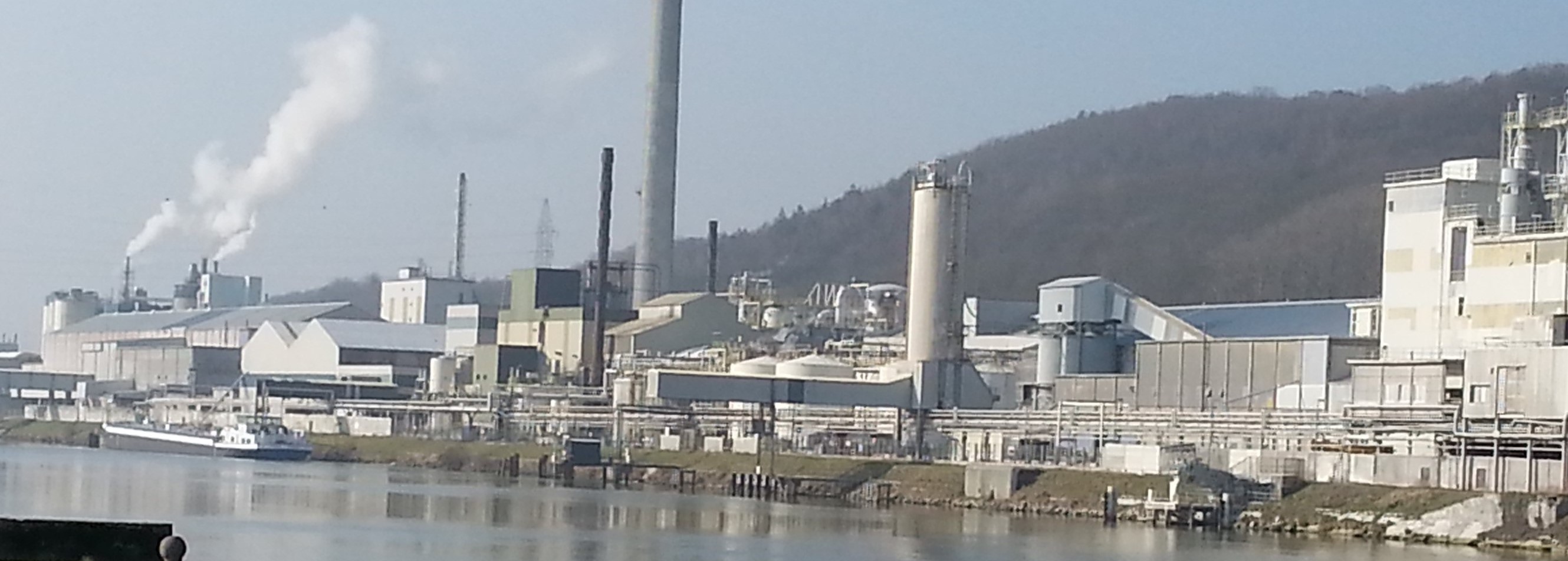All sorts of substances that we use as consumers of which are being produced in the river basin end up in the river through emissions. It is unacceptable that industrial substances and consumer products exceed standards. For those substances which do not yet have a standard we want, with the precautionary principle in mind, emissions to be reduced so far that our target values are met. Such substances have no place in sources for drinking water.
Both point and diffuse sources should be reduced
Some substances are regulated through emission permits, some are not. Of some substances the origin is know, of some we have no idea where they come from. A few examples of this category of substances that exceed standards or target values are Fluoride, Di-isopropylether, Tributylphosphate, complexing agents and Benzo(a)pyrene. When permits are given we take a closer look to see whether the use of the River Meuse as a source for the production of drinking water has been taken into account (sufficiently). We plea for weighing in the substances we find relevant. Also we want the relevant (low) flow to been taken into account. It is logical that the Meuse can stand somewhat more pollution in high flow conditions as there is more dilution.
Holistic approach
When emissions are not coming from the producer of a substance but from a user of an end product we address them both. Perhaps the producer can replace the substance with a less harmful one. Perhaps it makes sense to collect products in its after use stage when it is waste. If this is not effective enough then perhaps the purification of sewage water can can be expanded. If that is also not possible that drinking water producers are forced to expand their purification but that is not in line with the European Water Framework Directive.
More consideration for drinking water sources
There are quite strict rules and regulations in Europe for both the authorisation of substances as well as industrial emissions. However, not enough attention is always given to use of rivers for the production of drinking water. This has been addressed with the government and is on the agenda now. We speak with representatives of governments and industry on a regular base about the substances we find in the River Meuse. With results: thanks to new production processes a few substances from the past are no longer an issue, such as Triitium, Cadmium, MTBE and ETBE. Of course we will monitor that it stays that way.





